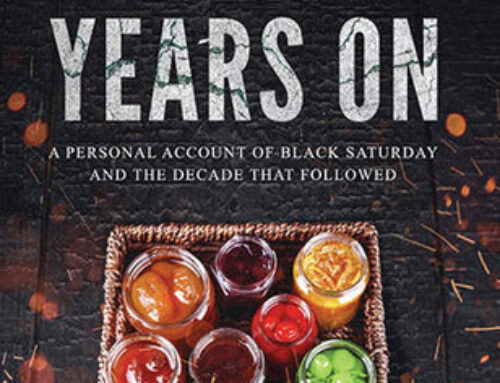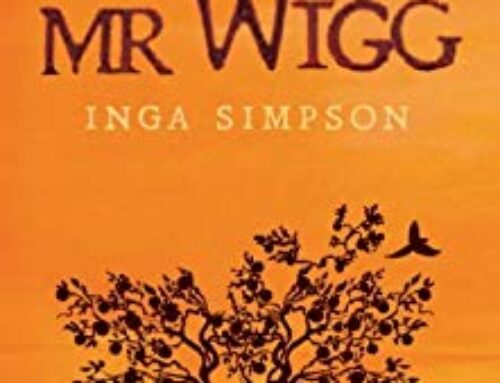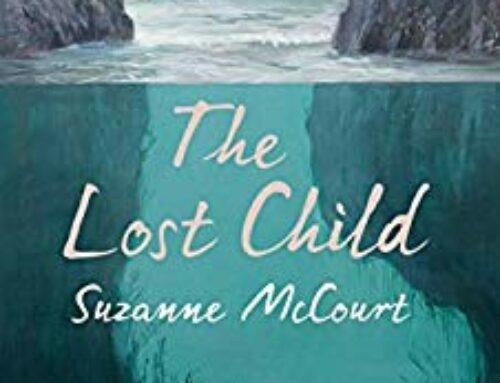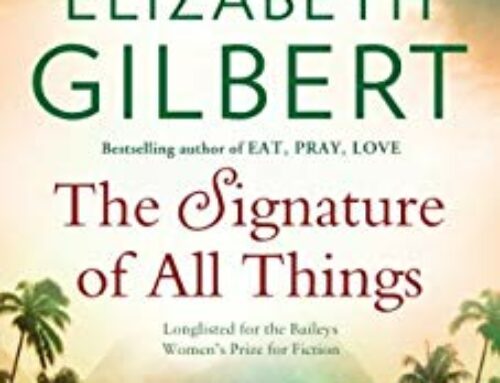Opens up the inside world of teenage girls with the delicacy and unflinching precision of a forensic anthropologist

Lucy Lam, Vietnamese boat refugee, has the advantage of several years at a local Western suburbs high school where she is well-liked and confident. Then she wins a scholarship as Laurinda’s inaugural Equal Access student, beginning in Year 10. Her story is told through letters to her buddy, Linh, the soul-mate she has left behind and is growing ever more distant from, as the weeks and months pass by. At Laurinda, she discovers “mistakes mean annihilation” and she has “to think very, very carefully every time (she considers) opening her mouth.”
Laurinda’s girls and teachers, it seems, are unofficially governed and disciplined by a trio of girls dubbed ‘the Cabinet’. These include Chelsea who was “prone to say snide things every seven minutes or so, as if she had bitch Tourette’s”, Brodie with her eyes that “seemed to absorb rather than reflect your image”, and Amber Leslie with her “mesmerising” beauty. Amber’s mother, Mrs Leslie, who is also Lucy’s remedial English teacher, takes Lucy under her wing and encourages the Cabinet to do the same. Somewhat reluctantly and with self-conscious virtue and condescension, they do this, giving Lucy a rare opportunity to see into and behind the sometimes-sinister power machinations of this terrible (but pathetic) trio.
‘Laurinda’ did not grab me straight away, and there were many points through the story where I felt the voice of the narrator was too sophisticated, mature and insightful for the main protagonist, Lucy. I also had difficulty suspending belief at the blatant lies and bullying the Cabinet were allowed to get away with by head staff at the school. However, my doubts were allayed as the story progressed and the motivations of the central characters grew clearer.
Alice Pung does a superb job of building suspense and intrigue throughout this novel, including one masterful twist late in the story, which will have you reassessing everything you’ve read so far. Her writing is original, sharp and insightful, her metaphors are striking and apt.
Pung opens up the inside world of teenage girls with the delicacy and unflinching precision of a forensic anthropologist, revealing the horror and the beauty, the cowardice and the courage, the insecurities and the dreams that clamour all together in the making of a woman.
‘Laurinda’ is a stunning portrayal of the complex and many-layered life of young Vietnamese girl, struggling to come to terms with a culture that is often cruel and trivial, with hidden prejudices couched as righteousness, and with the tug-of-war between conformity and pretence versus authenticity and integrity. Her home-life, the simplicity and hard-working ethic of her parents and her loving care for her baby brother makes a stark contrast to the web of spiders she has landed in for her schooling and ‘betterment’. Will Lucy be trapped and muted in the silken-silver webs being woven around her, or will she fly free to find her own voice and her own pattern of being?
My heart lurched and soared with Lucy’s and I ached for her battle against the subtle forces of destruction and conformity that I recognised only too well: “It was like being bitten by a spider…with venom you couldn’t squeeze out because you couldn’t locate a raised red welt. No one would believe it if you told them, because the spider had left no evidence…That was how it was at Laurinda with the Cabinet running the show.”
All in all, a gripping read which gave me new insights and some confirmation in recognising the suffering of those girls who never quite ‘measured up’ at Laurinda. With the benefit of hindsight, I believe this is an achievement, not a failure: to resist emulsification by the masses. As Lucy says, “…I knew now that success had to mean something to me, not only to those around me.”



